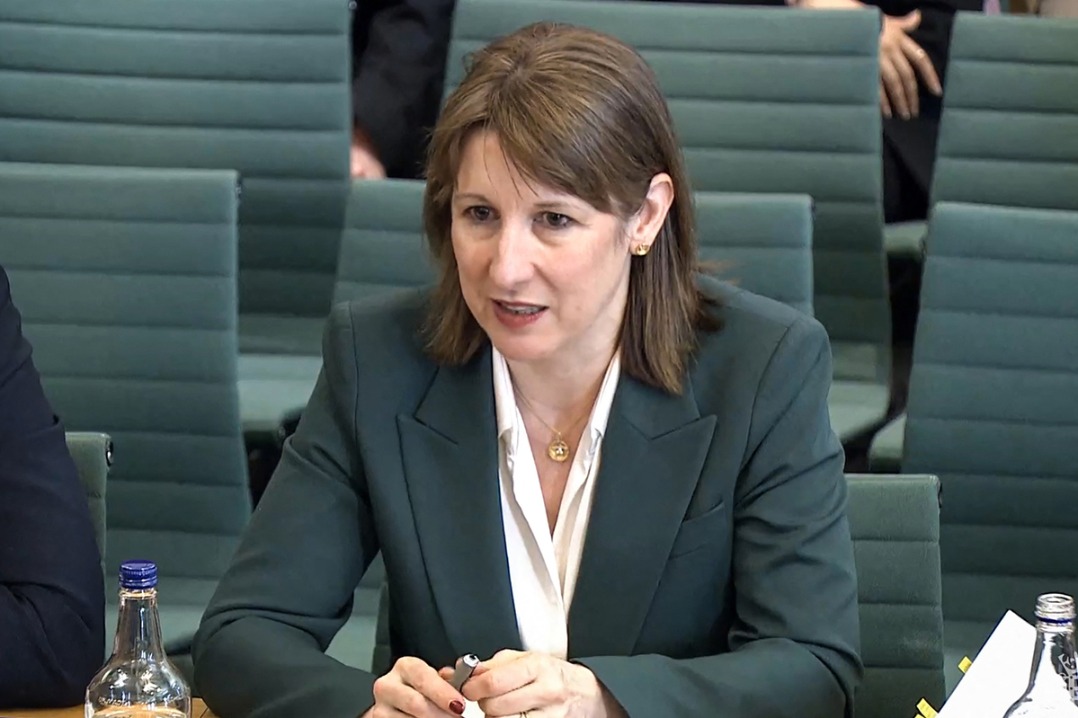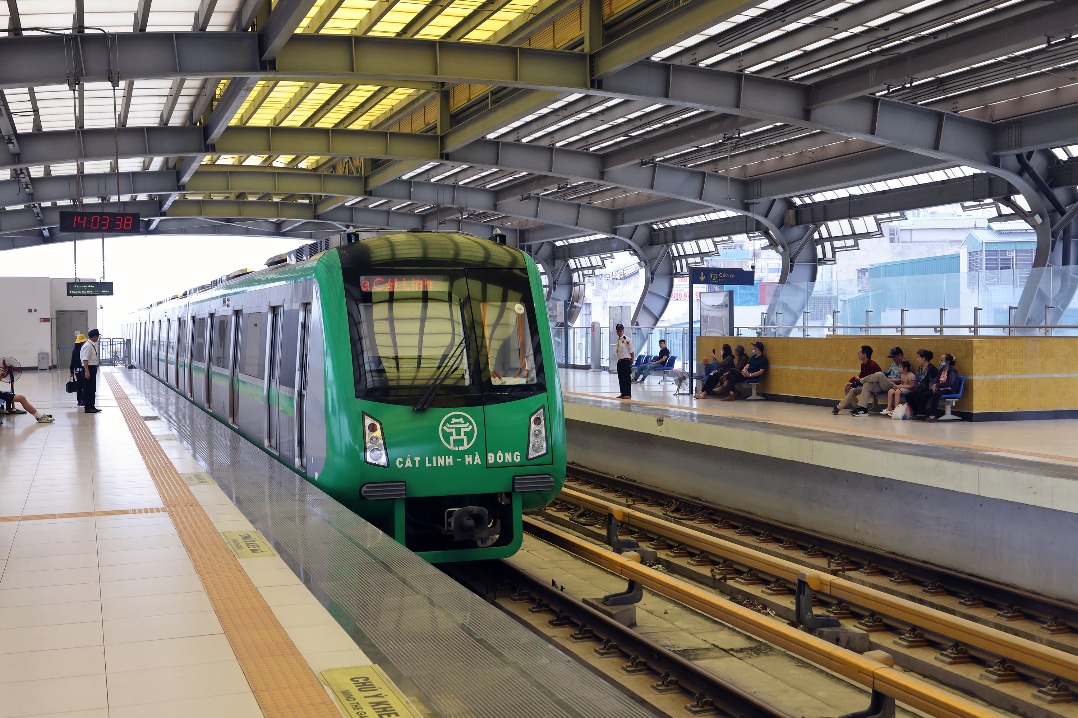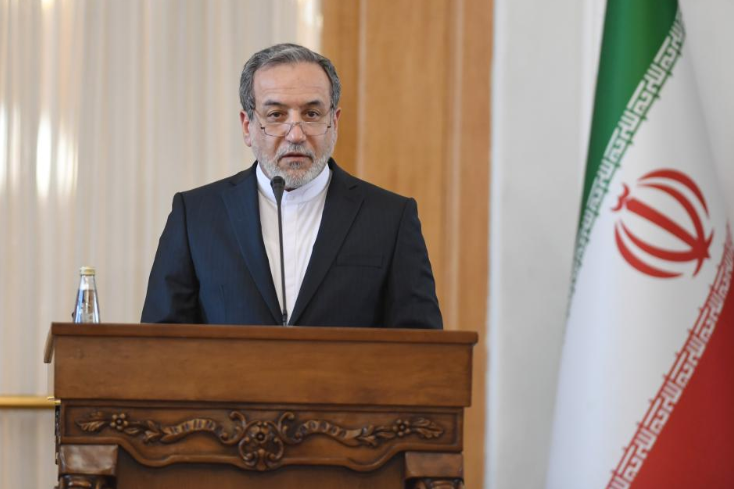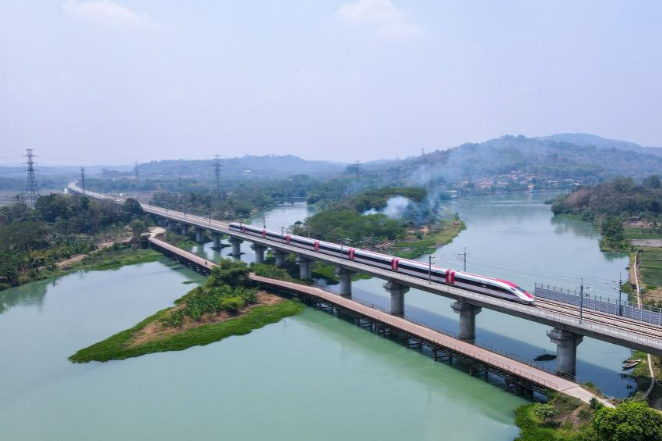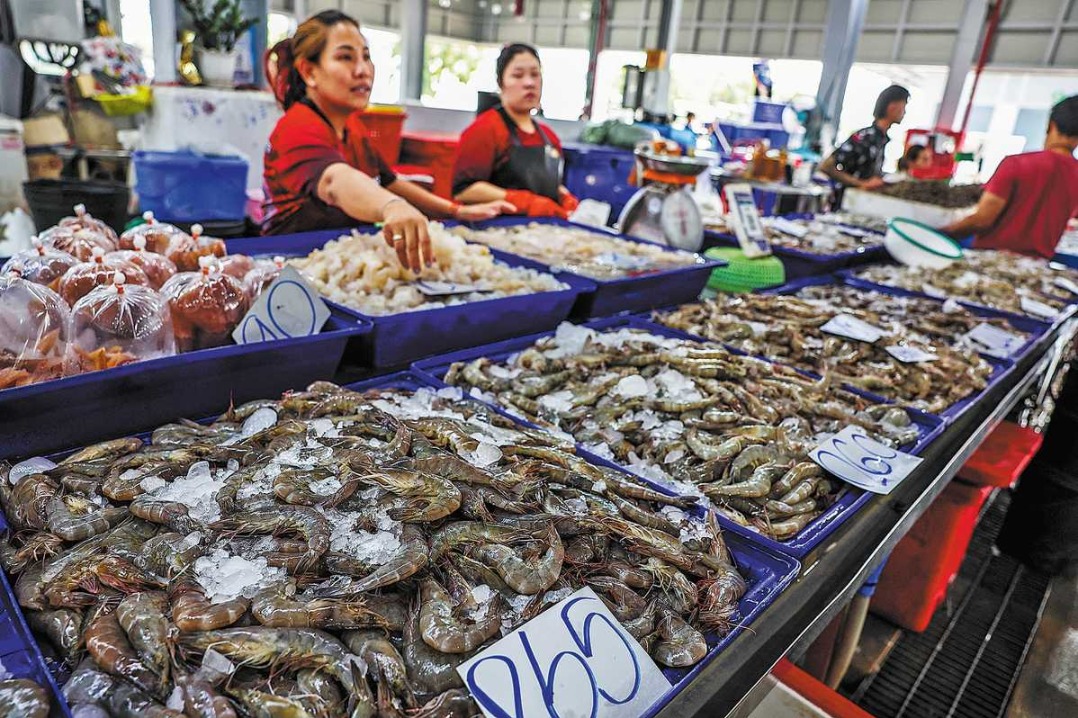Europe's Ukraine meeting reveals rifts

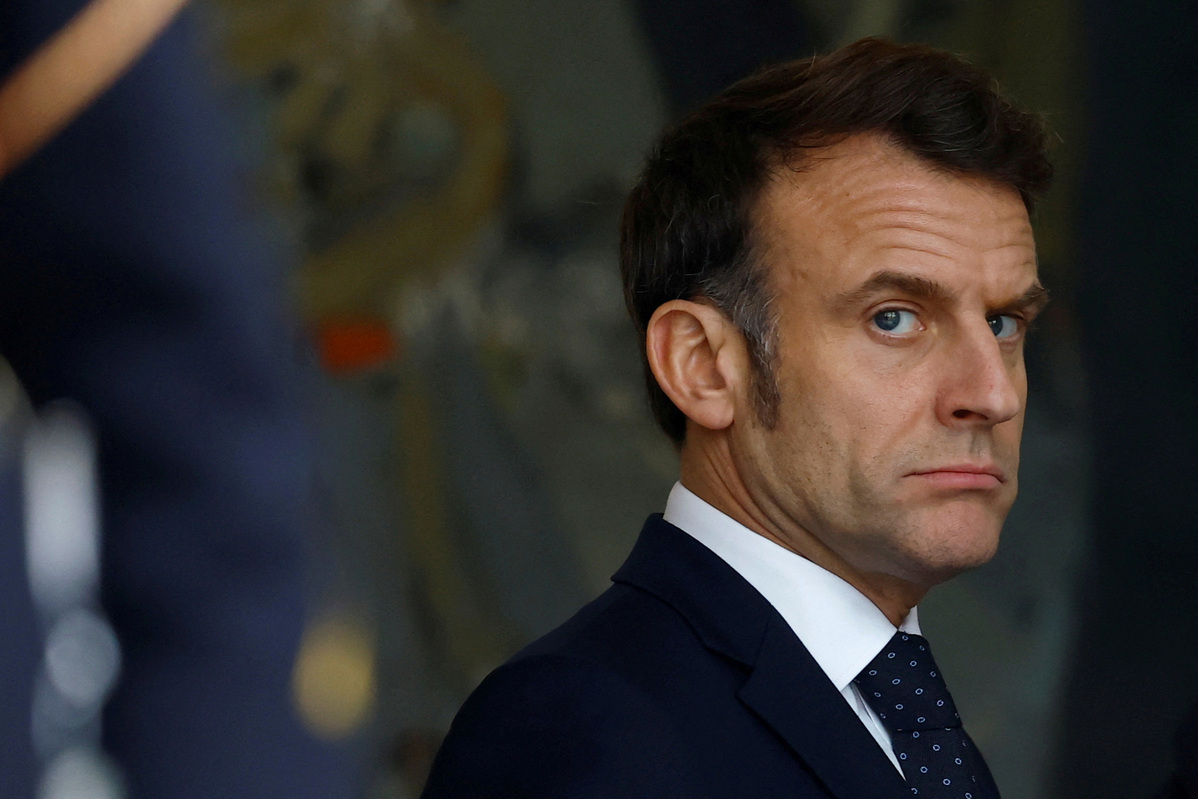
Monday's emergency meeting in Paris exposed underlying divisions among European leaders regarding Ukraine and transatlantic relations, an expert has said.
The small, informal summit was called by France's President Emmanuel Macron, to discuss Ukraine and European security amid a growing rift between Europe and the United States, after the Donald Trump administration arranged bilateral talks with Russia, excluding Europe and Ukraine, aimed at exploring ways to end the Russia-Ukraine conflict.
Key participants at Monday's summit included the leaders of Denmark, France, Germany, Italy, Poland, Spain, the Netherlands and the United Kingdom, as well as NATO Secretary-General Mark Rutte, European Council President Antonio Costa and European Commission President Ursula von der Leyen.
"Even with just a small number of European leaders gathered there, important differences emerged among them," said Radhika Desai, a professor in the department of political studies at the University of Manitoba in Canada and a visiting fellow at the London School of Economics and Political Science. "Clearly, the idea behind keeping the numbers small was to increase the possibility of agreement, but now you have a variety of rather strange positions.
"These horizontal differences among European countries are always there, I would say, but they have now come out in the open."
The European leaders in attendance called for more spending on defense but remained divided on the possible deployment of peacekeeping troops to Ukraine, Reuters reported.
UK Prime Minister Keir Starmer said he was prepared to put British troops into Ukraine to enforce a peace deal, if necessary, but Germany and Poland opposed the idea.
Desai pointed out that there were even nuances in nations' stances on issues on which they agreed, such as on increased defense spending.
"Obviously, some countries, particularly the British, have been more in favor of the US interventions. But I think, while France is generally in favor of increasing military spending, this means that Europeans should start paying more for their security and seek a greater say within NATO. It does not necessarily mean that they are complying with what the US wants," she said.
Starmer said any Ukraine peace deal would require a "US backstop" to deter Russia.
And EU member states that were not invited to Monday's gathering, including Hungary, have shown "reluctance" about the approaches taken by major European powers, Desai said.
Hungary's Foreign Minister Peter Szijjarto slammed the Paris summit as a gathering of "frustrated European politicians" looking to "pour oil on the fire" and "prevent a peace agreement with Ukraine", according to the Hungarian state news agency MTI.
The Politico news website described the meeting as a "radical step", because the small group of the continent's leading powers "dumped the traditional craving for 27-nation consensus at Brussels summits and tried to sort out the mess themselves".
"Besides the horizontal differences, there are also vertical differences (within nations), between the rulers and the ruled that will erupt out into the open," said Desai. "People said the Joe Biden administration has united Europe and NATO, and now Trump is disuniting them. No, Biden seemed to unite them, but only at the cost of imposing such pressures as to divide European societies amongst one another and divide them internally."
Wake-up call
Trump's shift in stance on Ukraine was seen by Europe as a wake-up call to take responsibility for its own defense, as the US president seeks to shift the burden onto his European allies.
In fact, there has long been an attempt to establish a common European security policy, Desai noted. However, she said the key realization for the bloc is that Europeans do not need to adopt a "belligerent foreign policy" to protect the continent.
"Shouldering its own security does not mean that all must arm themselves to the teeth," she said. "That's getting security completely wrong. Security does not consist of making enemies of all your neighbors. On the contrary, it consists of making friends with all your neighbors.
"You may not love all your neighbors, you may have your differences with them, but you essentially ensure that you can live side-by-side, if possible to mutual benefit.
"A good, neighborly relationship, both with the Atlantic powers on the one hand but also with Russia, Africa, China, and all its neighbors, can allow it to prosper. There is absolutely no reason why it should not."
zhengwanyin@mail.chinadailyuk.com

















